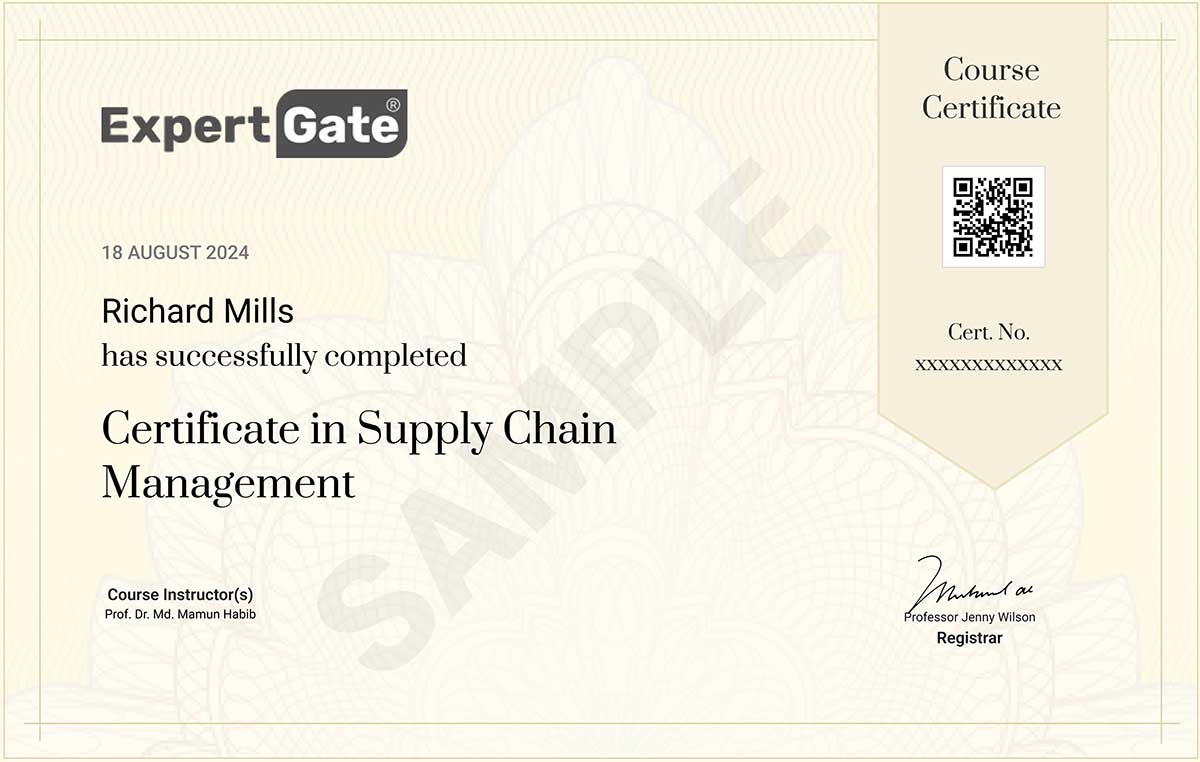Corporate and Shariah Governance in Islamic Financial Institutions

Overview
Instructors
Outcomes
Structure
Assessment
The assessment for this course is designed to ensure that participants have thoroughly understood the core concepts of corporate and Shariah governance in Islamic financial institutions (IFIs) and can apply this knowledge in real-world scenarios. The assessment will consist of the following components:
- Case Study Analysis: Participants will be given a series of real-world governance scenarios related to IFIs. They will analyze these cases, identifying governance challenges and proposing actionable solutions. This exercise will test their ability to apply governance principles to complex situations, considering both corporate and Shariah governance aspects.
- Interactive Discussions: Throughout the course, participants will engage in group discussions and exercises. Active participation will be evaluated to ensure that participants are actively contributing to discussions and demonstrating their understanding of key concepts. These discussions will focus on evaluating governance frameworks, identifying challenges, and exploring potential solutions for improving governance practices.
- Post-Course Quiz: At the end of the course, a short quiz will assess participants' grasp of essential course topics, including corporate governance frameworks, Shariah board functions, regulatory standards, and the integration of governance systems in IFIs. The quiz will test participants' retention and comprehension of the key principles taught throughout the course.
Target Audience
This course is designed for professionals who seek to deepen their understanding of corporate and Shariah governance within the context of Islamic financial institutions (IFIs). It is particularly beneficial for the following groups:
Recommended Resources
Certificates

